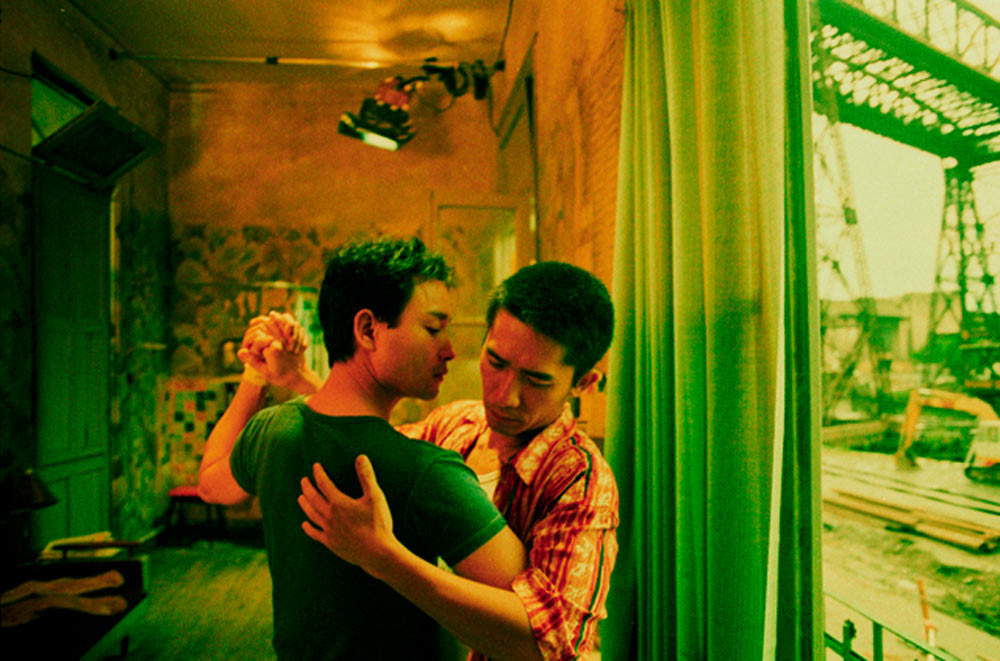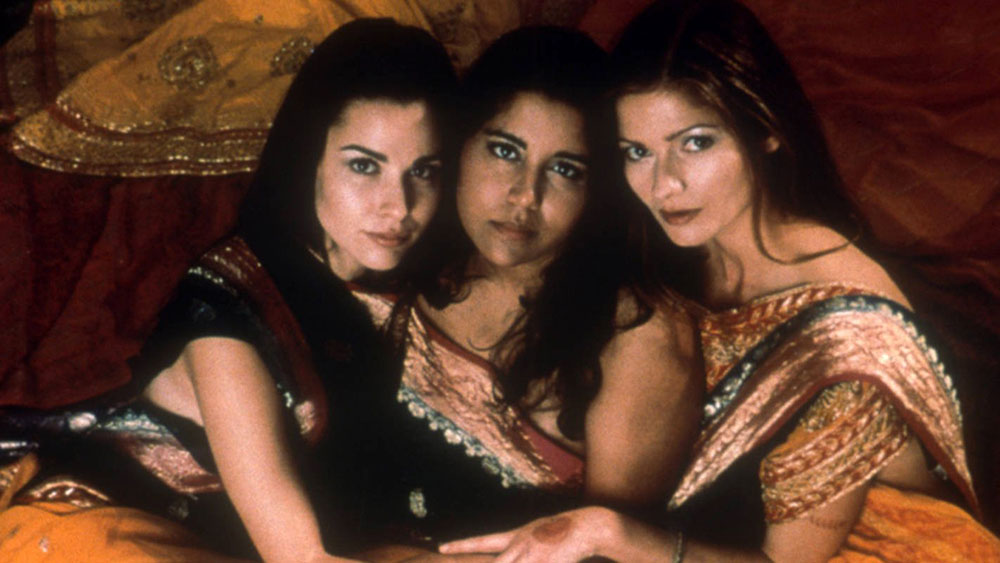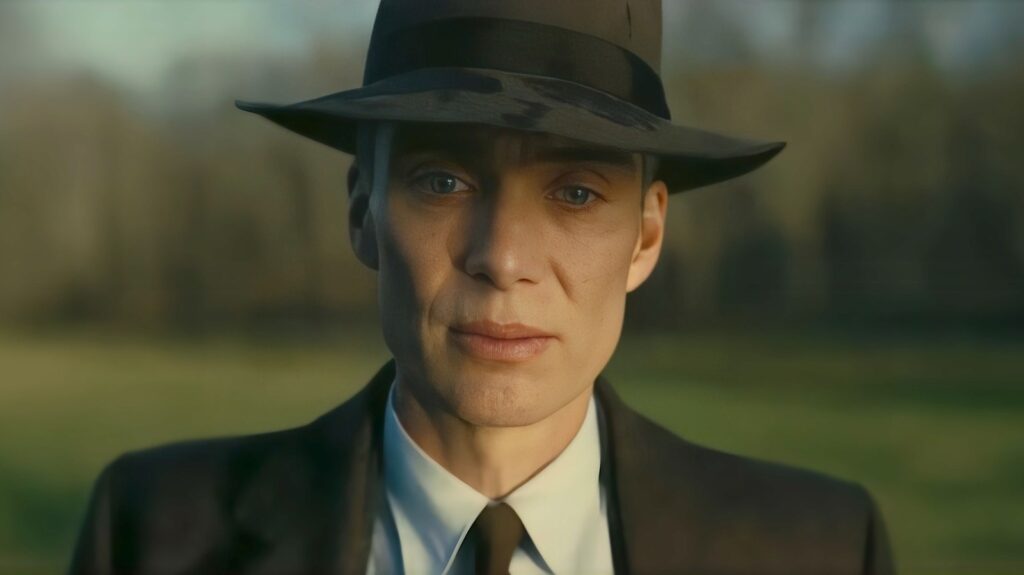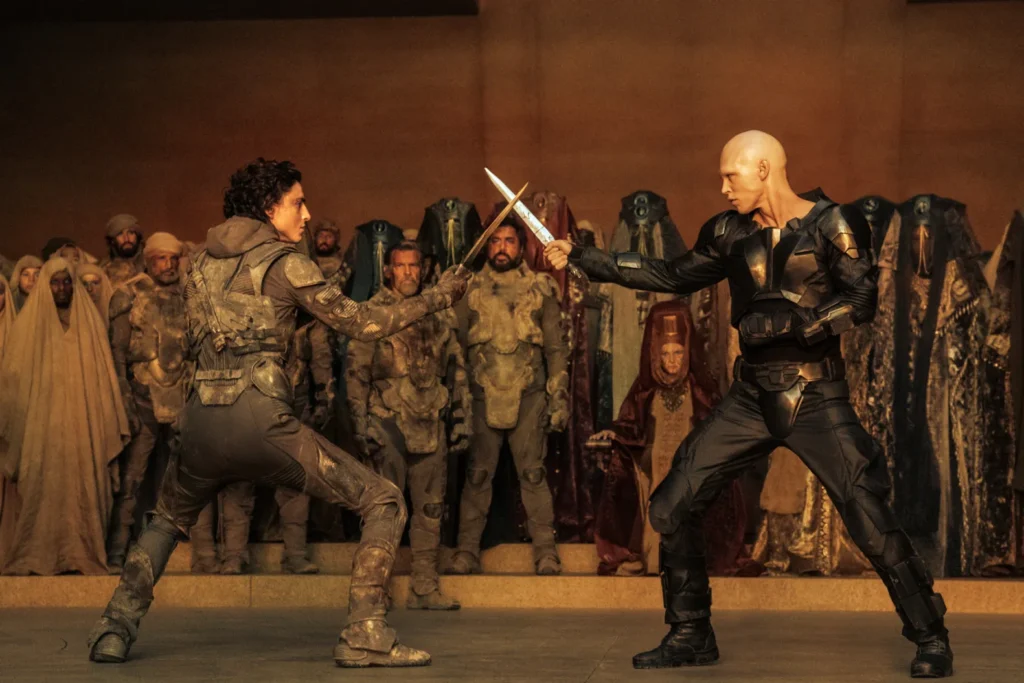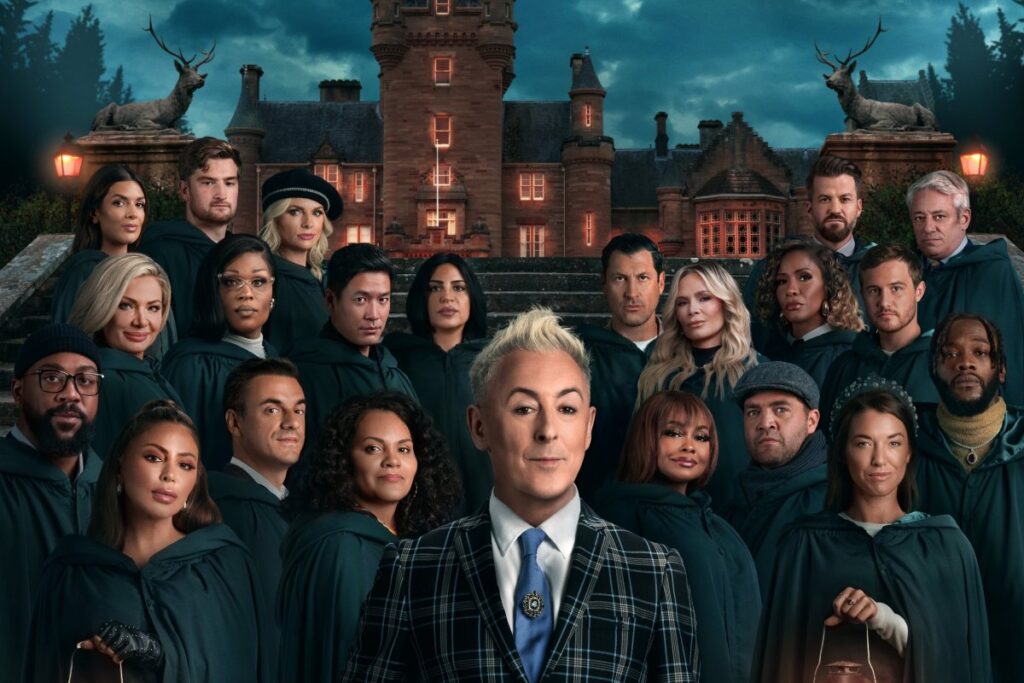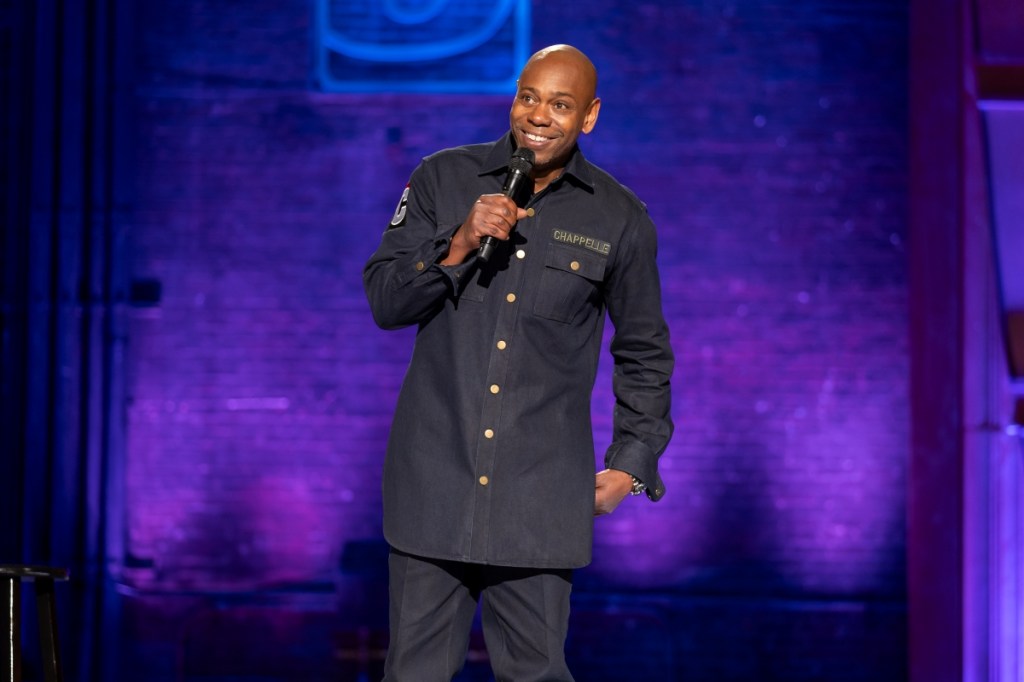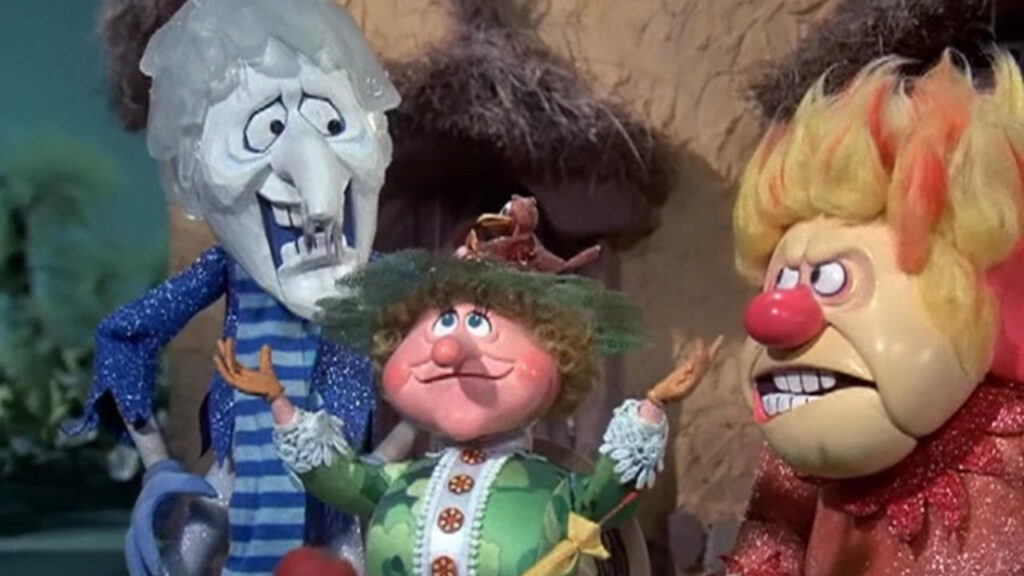No sport manages to integrate itself into the life of its fans quite like baseball. Baseball is always there. Not in a purely literal sense, but if you add up the days from Spring Training to the 162 regular season games, plus the post-season and the off-season Hot Stove, it’s easy to see why baseball often functions as a metaphor for life. Every day matters, but the calendar isn’t stocked full of appointment viewing quite like football or soccer.
Shohei Ohtani’s six years as a member of the Angels upended the rhythm not just of Anaheim, but the game itself. Shohei singlehandedly transformed the city which largely exists as support infrastructure for Mickey Mouse’s vast empire, into a cultural hub of international relevance. Every day that Shohei took the mound had the potential for history in the making, a once-in-a-lifetime sensation for a league that plays 2,430 regular season games each year.
There’s a familiar pattern for Angels fans that’s developed over the past decade. Spring is for hope, Summer is for tragedy, and September is for next year. It’s rare to see the All-Star Game roll around with the Angels still in contention, spurring the usual discourse over how a team that spends so much on payroll, that not only boasts a historical phenom like Ohtani, but also one of the greatest players of the twenty-first century in Mike Trout, could be this haplessly pathetic. Being an Angels fan is a miserable experience most of the time.
Like many major metropolises, the broader Los Angeles area is home to plenty of people who didn’t grow up here, myself included. Before Ohtani, the busiest times of the year for Angel Stadium tended to be when the Yankees and Red Sox were in town, bringing with them their legions of East Coast expatriates. As a lifelong Red Sox fan, I’ve always had loyalties to the American League, never buying into the nonsense that it’s actually fun to watch the pitcher embarrass himself in the batter’s box, a moot point as of 2022.
My baseball friends around the country often find my fascination with the Angels perplexing. The Los Angeles Dodgers are a far more competent organization, with Red Sox icons Dave Roberts and Mookie Betts at the heart of the team. The Dodgers/Angels dynamic is a lot like the Yankees/Mets rivalry I grew up with in my hometown of Greenwich, Connecticut. Like the Mets, it takes a certain degree of masochism to root for the Angels. People wonder why anyone wasn’t born into that vicious cycle of heartbreak would choose it willingly. Bandwagoners like to hitch themselves to a winning horse.
Angels Stadium was a lot easier to get to when I first moved to Southern California for grad school in 2015, spending the first year and a half of my time on the West Coast in Claremont. I’ve lived in Long Beach for the past seven years, a swing city between LA and Orange County in many ways, while also more or less equidistant to either ballpark. Dodger Stadium is about fifteen minutes further away from my apartment than Angel Stadium, depending on the wildly changing variable known as LA traffic.
My beloved late grandmother grew up a fan of the Brooklyn Dodgers. Maybe it’s due to my experience with ethical non-monogamy, but I’ve never felt weird rooting for multiple teams. The Red Sox are my first love, and NESN broadcasts with Don Orsillo, Jerry Remy, and Dennis Eckersley taught me most of what I know about the game. Summers in Toronto with my grandfather instilled in me a natural affection for the Blue Jays, though their pitiful organization makes it easy to avoid conflicts of interest with the Sox. A connoisseur of baseball fashion, my fitted hat collection of more than fifty caps includes eight bearing the insignia of the Montreal Expos, split allegiances that drive some people crazy until they listen to me waxing poetically over my passion for this game.
Dodger Stadium is a cathedral, a shining city on a hill, albeit a hill that’s a tremendous pain in the ass. Angel Stadium is a dump, one of the ugliest parks in the league. The food at Angel Stadium is gross, and unlike Dodger Stadium, there’s almost nothing fun to do at the park if you get there early. Inexplicably, Angel Stadium recently raised the cost of parking from ten dollars to twenty, removing one of its key values over Dodger Stadium’s ridiculous rates.
There is no reason for anyone who wasn’t born an Angels fan to root for this team. Like the Mets, each year starts with a lot of promise, and a few weeks later ends in pain. The Angels often have more payroll tied up in their IL (Injured List) than entire teams spend on their rosters. The same team that spent hundreds of millions on Albert Pujols, Josh Hamilton, Justin Upton, Vernon Wells, and Anthony Rendon often trots out a September roster stocked to the brim with AAAA talent never to be heard from again.
I attended Shohei Ohtani’s August 23rd start last season with a funny feeling in my gut. Ohtani hadn’t looked right in weeks, and the team was in freefall after inexplicably going all-in at the trade deadline. Each start seemed like the last time Ohtani would take the mound for the Angels.

I waited until ninety minutes before the game to pick up a ticket off Stub-Hub, procuring a seat just a few rows behind the dugout for a little over a hundred dollars. Part of the beauty of preferring the Angels to the Dodgers has always been the cheaper tickets, a reality I won’t soon forget as Shohei-mania inflates prices in LA for the next ten years.
Shohei left the game in the second inning. He hit a home run in the bottom of the first and collected two strikeouts before leaving the mound. As the first game of a double header, Angel Stadium was most unforgiving in the August heat. The stadium was full of angry bandwagoners furious that they’d spent hundreds of dollars on their seat for a Shohei cameo.
The Angels lost 9-4 to a talented young Cincinnati Reds roster. The Angels looked as pathetic as ever. The mood in the stadium was sour, almost everybody sunburned and depressed.
As for me, the most recent failures of the team did little to shake my bizarre love affair with the Angels. I went to the game by myself, as I often do, unable to convince any of my friends to abandon their workday on behalf of America’s pastime. I befriended an older lawyer seated next to me, impressing him with nonstop baseball facts as a chatty transsexual.
My shining Ohtani moment came the year before. I caught my first foul ball at his September 29th, 2022 start, where he came within a single strike of taking a no-hitter into the ninth against the Oakland Athletics. Knowing Shohei would likely remain in Southern California as part of the Dodgers, I hardly viewed the status of the 2023 Angels as an apocalyptic scenario.

SoCal locals tend to laugh whenever the Angels are referred to by their official name, the Los Angeles Angels. Everyone knows that Anaheim is neither part of Los Angeles, nor much of a city in its own right. The Angels are Orange County’s team.
I moved to California at a precarious state in my life. I began transitioning shortly after arriving on the West Coast, and have now spent almost a third of my life here. The Red Sox are the team I love to watch the most on TV, but I understand the love I feel for our SoCal teams as a sign of the roots I’ve laid here. As a transgender person living through unprecedented hatred aimed at our community, I’ll always be grateful to this city for giving me the space to realize that I can live a dignified life.
I often to go baseball games when I’m feeling sad. I tend to joke that it’s cheaper than therapy, objectively true with our broken healthcare system, but it’s more than that. Baseball is a constant. So much of this world stands in chaos, but baseball goes on. The cool breeze of a Southern California evening works wonders for clearing your mind.
The Angels have never once made the playoffs since I came to SoCal in 2015. That seems unlikely to change for the rest of Trout’s tenure. Lifelong Orange County residents will feel the pain of that much worse than I will, having my childhood heroes at Fenway to fall back on.
I tried to savor Shohei’s time in Anaheim, particularly the intimacy of having such an unprecedented talent in a setting that often feels like a regional ballpark. The Dodgers are a national beast, though only slightly less futile concerning the postseason, the Covid-shortened 2020 campaign aside. There is not a lot of hope in Anaheim these days.
One could say I’m more than a little spoiled for having two teams within driving distance. Visitors to my apartment often laugh at the memorabilia for the Sox, Dodgers, Angels, and Blue Jays, not to mention various souvenirs from other ballparks. I’m not a typical baseball fan by any means.
Some of my happiest memories of the West Coast are the evenings I spent at Angel Stadium with various loved ones over the years. I often joke that because I had my second puberty here, technically I grew up in Long Beach. Baseball’s status as “America’s pastime” naturally evokes a sense of nostalgia. I’m grateful to have lived out here long enough to feel that same warmth whenever I visit either of our parks.
Shohei Ohtani’s time in Anaheim has ended. The once-in-a-lifetime convergence of talent like Trout and Ohtani came, went, and spent most of its time on the IL. Baseball has never been a sport defined by one player or one moment.
2024 will likely not be much of a year to remember for the Angels, but I can’t wait until I pull up to the stadium, overpaying for parking to watch a hopeless team break its fans’ hearts. Shohei will work his magic down the 405, but baseball is a sport that finds its best magic in the quiet moments. The world is on fire right now, but for those of us who love that silly game, there’s always the promise that spring will come again.





